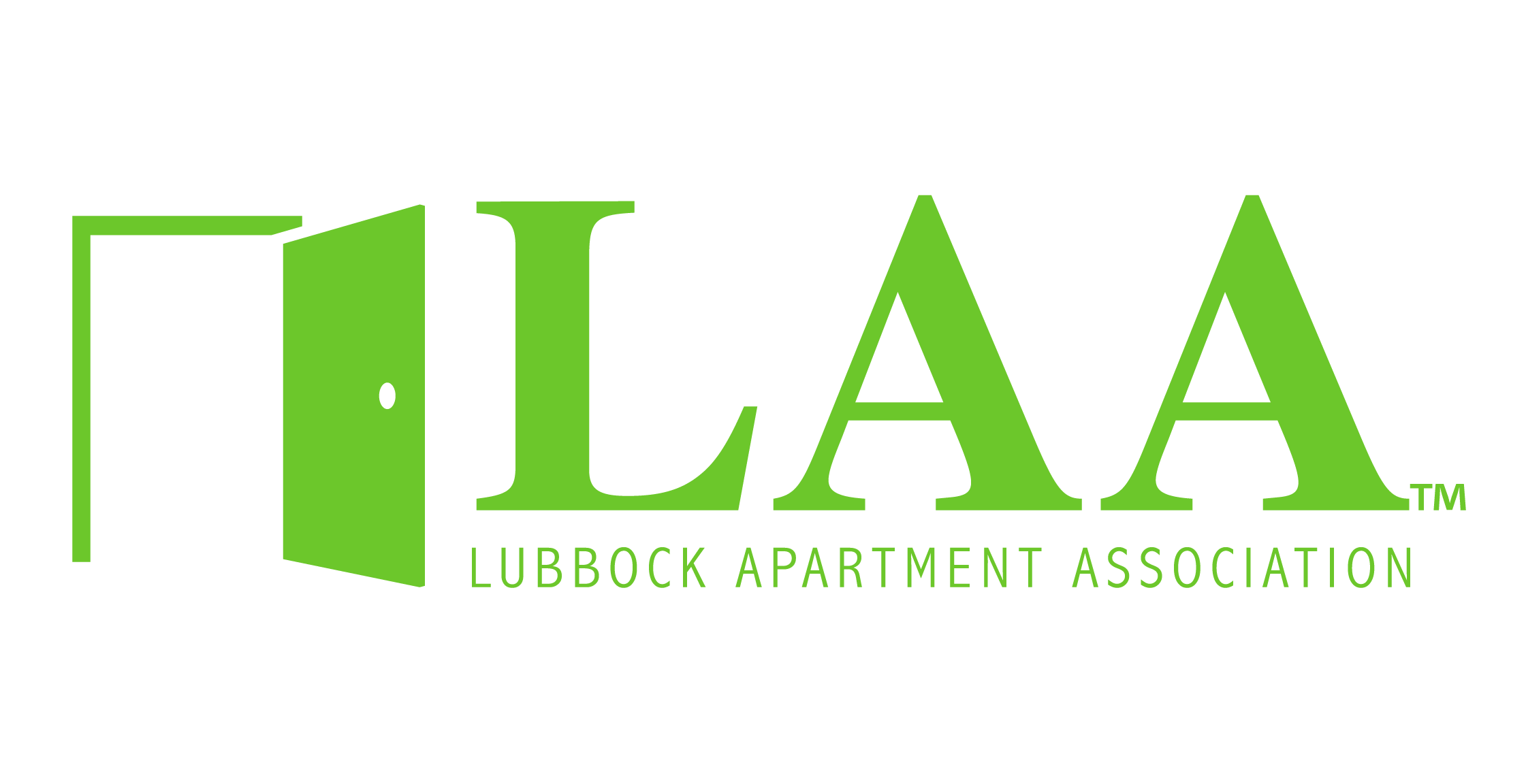How the Federal Shutdown Affects Lubbock's Multifamily Housing Market
The federal government is shut down again. For Lubbock's multifamily professionals—developers, property managers, maintenance teams, suppliers, and landlords—this isn't just cable news noise. It's a real disruption that touches everything from new construction loans to Section 8 voucher processing.
Here's what the shutdown means for your operation, what risks to watch, and what you can do right now to stay ahead.
HUD Operations: Where the Delays Hit Hardest
When a shutdown furloughs 71% of HUD's workforce, the agency essentially goes dark on new business. Existing loan commitments still close, but new FHA applications and project approvals get shelved until Congress acts.
What this means for developers:
If you're pursuing new construction or refinancing through FHA, expect delays. HUD offices have already been cut by 30% since 2023, so even in normal times, response times have slowed. A shutdown makes it worse.
What this means for affordable housing operators:
Section 8 renewal contracts face disruption if the shutdown stretches past 30 days. New vouchers won't be issued. Existing subsidy payments should continue through mid-November, but that buffer won't last forever.
The bottom line: If your project or property depends on federal approval or new vouchers, plan for uncertainty and longer timelines.
Property Managers: You're the Frontline
Property managers become the messenger—and often the problem-solver—when tenants ask about delayed assistance payments or stalled certifications.
The good news:
Most subsidy payments and operating funds for qualifying properties are already obligated through mid-November. That gives you a short-term cushion.
The action items:
- Submit all pending compliance documents and certifications now, even if you expect slow responses.
- Communicate clearly with residents who rely on federal assistance. Let them know what you know and when you expect updates.
- Keep records organized and accessible in case you need to respond quickly once HUD reopens.
Transparency with tenants builds trust. Silence creates panic.
Maintenance Teams: Business as Usual (Mostly)
Most routine maintenance and repairs continue without interruption. The risk comes if you're waiting on federal grants or compliance certifications for specific improvements—those are on hold.
What to do now:
- Focus on preventive maintenance and repairs covered by existing budgets.
- If you're expecting grant-funded equipment or parts, line up backup vendors and plan for delays.
- Use this time to knock out deferred work that doesn't depend on federal funding.
If you've been through shutdowns before, you know the drill: keep things running, stay flexible, and don't assume federal timelines will hold.
Suppliers: Prepare for Delayed Payments
If you sell to HUD-backed properties, expect payment delays on new orders tied to federal contracts. Existing contracts should continue, but new purchases may face longer approval cycles.
What you can do:
- Encourage customers to order early if they anticipate future needs.
- Communicate clearly about billing timelines and payment expectations.
- If your balance sheet allows, offer flexibility to longtime clients who are caught in the federal funding gap.
For suppliers serving conventional market-rate properties, business continues as usual. The shutdown mainly affects federally supported operations.
Independent Rental Owners: Watch Voucher Timelines
If your tenants rely on Section 8 vouchers, the key risk is delayed payments if renewals stall. Existing vouchers should flow until mid-November, but after that, uncertainty grows.
Steps to take:
- Review your tenant payment timelines and identify anyone on federal assistance.
- Shore up cash reserves in case voucher payments are delayed.
- Look into alternate city or state rental assistance programs as a backup.
- Keep all paperwork current to avoid delays on your end.
Landlords with strong reserves and diversified tenant bases will weather this better than those relying heavily on federal subsidies.
Silver Linings and What to Do Next
Not everything stops during a shutdown. Fannie Mae and Freddie Mac—two of the biggest multifamily lenders—are unaffected. If you're pursuing refinancing or new acquisitions, those options remain open.
Action checklist for all LAA members:
- Audit your portfolio for federal payment risk and build short-term cash cushions.
- Communicate early and often with tenants, staff, vendors, and partners.
- Submit all pending federal compliance paperwork now, even if responses are slow.
- Suppliers: support customers facing federal delays and clarify payment terms.
- Landlords: identify alternate assistance programs before you need them.
The immediate impact is manageable for most operators. But the longer this drags on, the tighter things get. The members who plan now will be the ones who come out ahead.
In times like these, local knowledge and quick action matter. Stay nimble, keep communication lines open, and be ready to adjust. Lubbock's multifamily community was built on steady hands and practical problem-solving—this is another chance to prove it.
Frequently Asked Questions
What federal payments are at risk during the shutdown?
Section 8 renewal payments and new vouchers face disruption if the shutdown lasts more than 30 days. Already obligated payments should continue through mid-November.
Are maintenance and operating funds affected?
Most operating and subsidy payments are already funded, but new applications or grant-funded projects may be delayed.
What should property managers do if HUD responses slow down?
Keep submitting compliance documents and certifications. Communicate with tenants about slower response times and prepare interim solutions if rent subsidies are delayed.
How does the shutdown affect suppliers serving federally supported properties?
Payments for recent orders may be delayed, especially if tied to new grants or federal contracts. Advise clients to order in advance and clarify payment timelines.
If I'm a single-family landlord relying on Section 8, what should I do?
Review tenant payment timelines, maintain reserve funds, and pursue alternate local rental assistance if federal payouts slow down.
Is there any good news during this shutdown?
Yes. Fannie Mae and Freddie Mac are open for business, and most private multifamily operations continue smoothly. Now's the time to audit risks, communicate early, and take advantage of local resilience while Washington sorts itself out.

